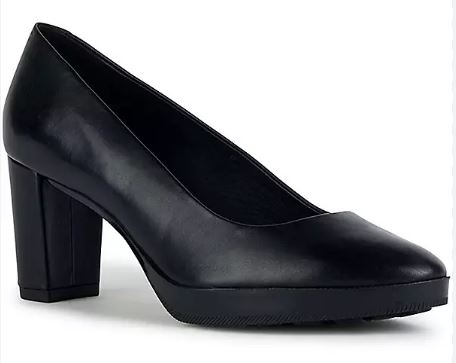Tel: 0129-4001010 Phone: +91 730 321 5033
Email: cs@absoluteveritas.com
BIS CERTIFICATION FOR MOULDED SOLID RUBBER SOLES AND HEELS IS 5676:1995
In today's competitive landscape, maintaining market presence without a certified, high-quality product can be challenging. Obtaining a BIS license may also be essential for selling products in the Indian market. To achieve BIS certification and ensure product quality, manufacturers must adhere to the specified Indian standards.
Lets delve deeper into IS 5676:1995 for moulded rubber soles and heels.
IS 5676:1995 encompasses molded solid rubber soles and heels, detailing the necessary requirements and procedures for sampling and testing. This standard applies to both rubber full soles, with or without heels, and finished heel products.
Molded solid rubber soles and heels are employed in crafting boots or shoes designed for heavy-duty tasks, typically paired with leather or rubber uppers. These soles are categorized according to their intended application with different types of footwear.
Molded solid rubber soles and heels are available in two distinct types:
-
Type 1 - For use with leather shoes
-
Type 2 - For use with rubber or rubber combination shoes
Molded solid rubber soles and heels must adhere to the design, materials, manufacturing, finishing, and performance criteria outlined in IS 5676:1995.
The solid rubber soles should undergo molding or vulcanization processes. The completed rubber should exhibit uniformity, devoid of cracks, pores, and excessive surface marks resulting from unclean molds or sulfur formations. Surface imperfections and flaws must be absent. Any cured spew and molding flashes should be trimmed neatly. Additionally, the rubber soles and heels must possess anti-slip properties and meet the physical standards specified in the standard. The dimensions, thickness, and channel specifications should be mutually agreed upon between the buyer and the seller.
TESTS
The subsequent test must be conducted for moulded solid rubber soles and heels shall be carried out.
-
Thickness Test
-
Channel Test
-
Tensile strength Tes
-
Elongation at break and some other test as specified in the standard.
A well-maintained laboratory is necessary for conducting the various tests outlined in the standard, following the specified methods.
Every sole and heel must be labeled with the required information outlined in IS 5676:1995. Additionally, the product can bear the ISI standard mark (ISI Mark), and packaging and labeling must comply with the relevant standards. To utilize the standard mark (ISI Mark), the manufacturer needs to obtain a BIS license from the Bureau of Indian Standards. This license is granted following a thorough evaluation of manufacturing infrastructure, quality control and testing capabilities, and production processes.
PROCESS FOR BIS ISI MARK CERTIFICATION

BIS CERTIFICATION PROCESS
Acquiring a BIS license requires a comprehensive review of manufacturing infrastructure, quality control abilities, testing resources, and production procedures. This thorough assessment guarantees that products not only adhere to regulations but also prioritize consumer safety and reliability.
NOTE:
For comprehensive guidance on the BIS ISI Certification process, please explore:
WHY USE ABSOLUTE VERITAS?
Absolute Veritas is a prominent organisation from the private sector of India primarily dealing with the Inspection, Testing, Audits, Certification of products& consulting services to various industries in India and worldwide, ensuring compliance with regulatory standards and industry requirements. Offering a comprehensive range of services including product certification, testing, training, auditing, and compliance services, Absolute Veritas helps manufacturers and importers achieve higher production efficiency and quality standards.
Absolute Veritas (AV) will handle end to end pre-registration request, sample preparation, documentation, testing and application process for FMCS Certification
For any questions regarding the most recent update on FMCS registration licenses, please reach out to us via email at cs@absoluteveritas.com








 ❮
❮
